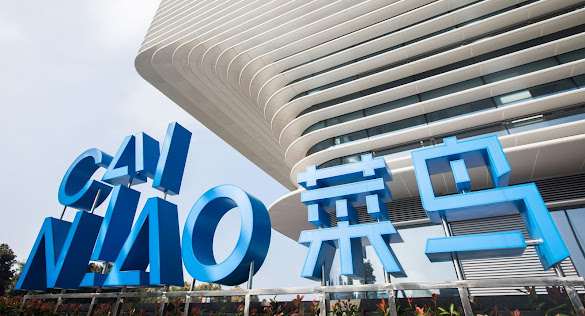Alibaba's logistics arm, Cainiao Network Technology, is reportedly planning to raise between $1 billion and $2 billion through an IPO in Hong Kong, according to sources familiar with the matter. The IPO is part of a wider restructuring effort by Alibaba, which announced in March that it would split its business into six units, most of which will explore capital raisings or market debuts to fund future growth.
Cainiao was co-founded by Alibaba in 2013 with partners including department store owner Intime Group, conglomerate Fosun Group, and several logistic firms. Alibaba later took control of Cainiao, and currently holds a 67% stake in the company.
Cainiao provides software and data sharing services to warehouses, carriers, and logistics firms. In the nine months ended December, the company reported 42 billion yuan ($6.07 billion) in revenue, up 22% year-on-year and accounting for 6% of Alibaba's total revenue.
The planned IPO, which has not been reported on previously, is expected to launch in early 2024, though sources caution that plans are not yet finalized and may be subject to changes.
The other five units created by Alibaba's restructuring include Cloud Intelligence, Taobao Tmall Commerce, Local Services, Global Digital Commerce, and Digital Media and Entertainment. While Alibaba has not disclosed potential listing venues for these units, bankers expect Hong Kong to be a preferred destination due to its proximity to Alibaba's home market and ongoing Sino-U.S. tensions.
Analysts believe that the IPO could help revive sluggish fundraising activities in Hong Kong, where $1.5 billion has been raised from IPOs so far this year, slightly above the $1.2 billion raised in the same period last year, according to Refinitiv data.
Craig Coben, former head of Bank of America's Asia-Pacific capital markets business, expects there to be international demand for the Alibaba spin-offs, though valuations may be a challenge due to the losses that global investors have suffered from high-growth Chinese stocks.




Social Plugin